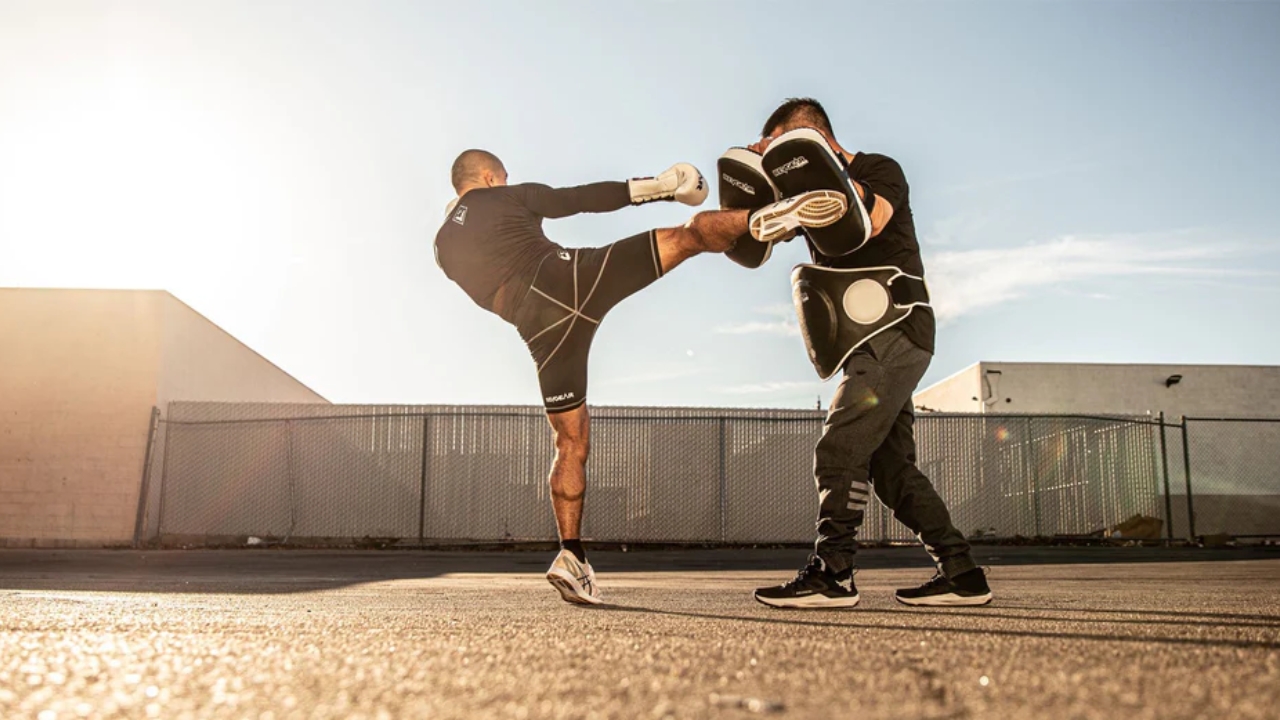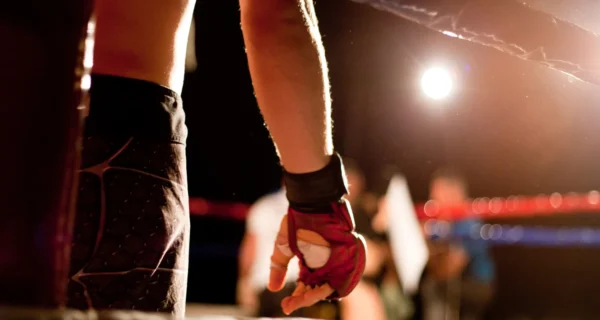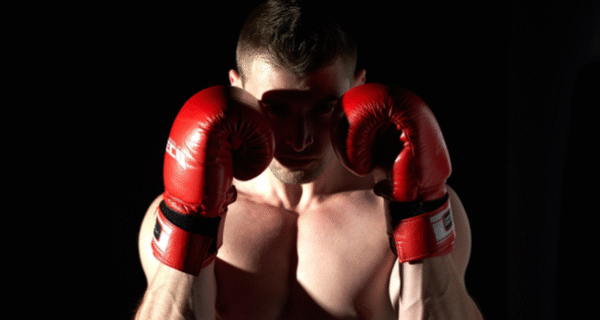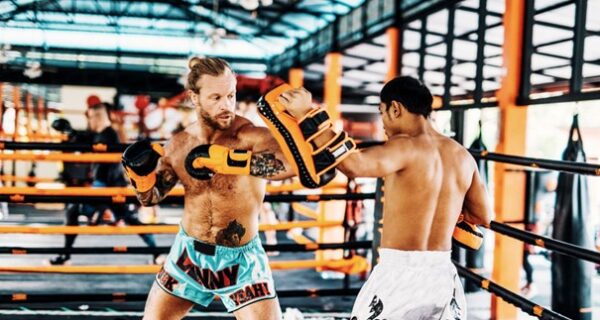Muay Thai is known as the art of eight limbs and starting your journey can be exciting yet challenging. Many beginners often make common mistakes that can slow their progress and lessen their enjoyment.
Understanding these pitfalls is essential to help you train effectively and develop your skills quickly and in a safe way.
This article will highlight five common mistakes you may encounter as a beginner in Muay Thai and provide practical tips to help you steer clear of them. Whether you’re just starting or have been training for a while, these insights will help you become a more confident and effective martial artist.
Mastering the Basics
Establishing control over your body and refining your technique are vital for any Muay Thai beginner. Focusing on the fundamentals will make your training schedule more effective, and improve your overall performance in the ring.
A Strong Foundation
A strong foundation in Muay Thai starts with your stance. Your Muay Thai stance should feel natural; feet shoulder-width apart and weight evenly distributed. This position enhances your balance and prepares you for movement.
Pay close attention to your posture; you should stand tall with your chin slightly tucked in and hands up to protect your face. This not only shields you from incoming strikes but also positions you well for carrying out techniques like the jab, cross, and uppercut.
Your footwork is equally crucial. You should practice moving in different directions whilst strongly maintaining your stance. Having effective footwork allows you to both evade oncoming attacks and create angles for your own strikes. You should start with simple movements and gradually incorporate them into your sparring sessions.
Consistent Practice
Muscle memory can be developed through consistent practice and scheduling regular training sessions dedicated to specific techniques into your routine can significantly improve your skills. Allocate time for shadowboxing to further refine your punches and kicks without the need for a partner.
It’s good to focus on perfecting your basic strikes like the kick and hook. Try drilling each technique gradually to ensure that you understand the mechanics behind each move. Breaking down each movement into stages can help you to identify any areas needing improvement.
It’s also worth considering recording yourself while practicing, as embarrassing as that may feel. Reviewing video footage can help you spot mistakes in your technique and improve your overall performance. Remember, it’s the small details that lead to mastery!
Proper Warm-Ups and Muscle Care
A proper warm-up routine is essential before starting any drills or sparring. Warm-ups prepare your body by increasing your blood flow and flexibility, and this reduces the likelihood of injuries such as muscle strain from happening.
It’s recommended to incorporate dynamic stretches that focus on the muscles used in Muay Thai, such as your legs, hips, and core.
After training, be sure to prioritize muscle care. Stretching post-session maintains flexibility and aids fast recovery, and using tools like a foam roller can relieve muscle tension. This combination of warm-ups and muscle care will boost your fitness, allowing you to train harder and longer.
Advanced Training and Mindset
Sparring
Sparring is where you can test your skills against a real opponent. Engaging in controlled sparring sessions helps you apply techniques like the roundhouse kick, teep, and leg kicks effectively.
Focus on maintaining a solid Muay Thai guard to protect yourself while delivering strikes. Remember that the goal here is to learn control rather than just winning.
Assess your movements, practice checking and parrying techniques, and learn to slip strikes for better defense. Every session is a chance to improve, so embrace the challenge of working with sparring partners of different levels than yourself.
Building Mental Resilience and Letting Go of Ego
Having strong mental resilience is crucial in combat sports like Muay Thai. You will face challenges and letting go of your ego can lead to significant growth. Be open to feedback from your training partners and remember that mistakes are part of the learning process.
Listen to your body and mind during training – it’s good to embrace consistency and push through difficult sessions. This mindset allows you to effectively adapt in the clinch and develop more effective techniques. The more you focus on improvement rather than competition, the stronger you will become.
Essential Gear for Safety and Performance
Having the right equipment is important for both your safety and to enhance your performance in Muay Thai. It is worth it to invest in quality boxing gloves, shin guards, and a mouth guard. Proper gear not only protects you but also allows you to train efficiently.
Choose gloves that fit well and provide enough protection for your hands. Your shin guards should be comfortable and allow you to move with ease whilst sparring and during bag work. A reliable mouth guard is also essential for protecting your teeth while sparring. Remember that quality training gear supports your ability to practice techniques like the push kick and body kick safely and effectively.












